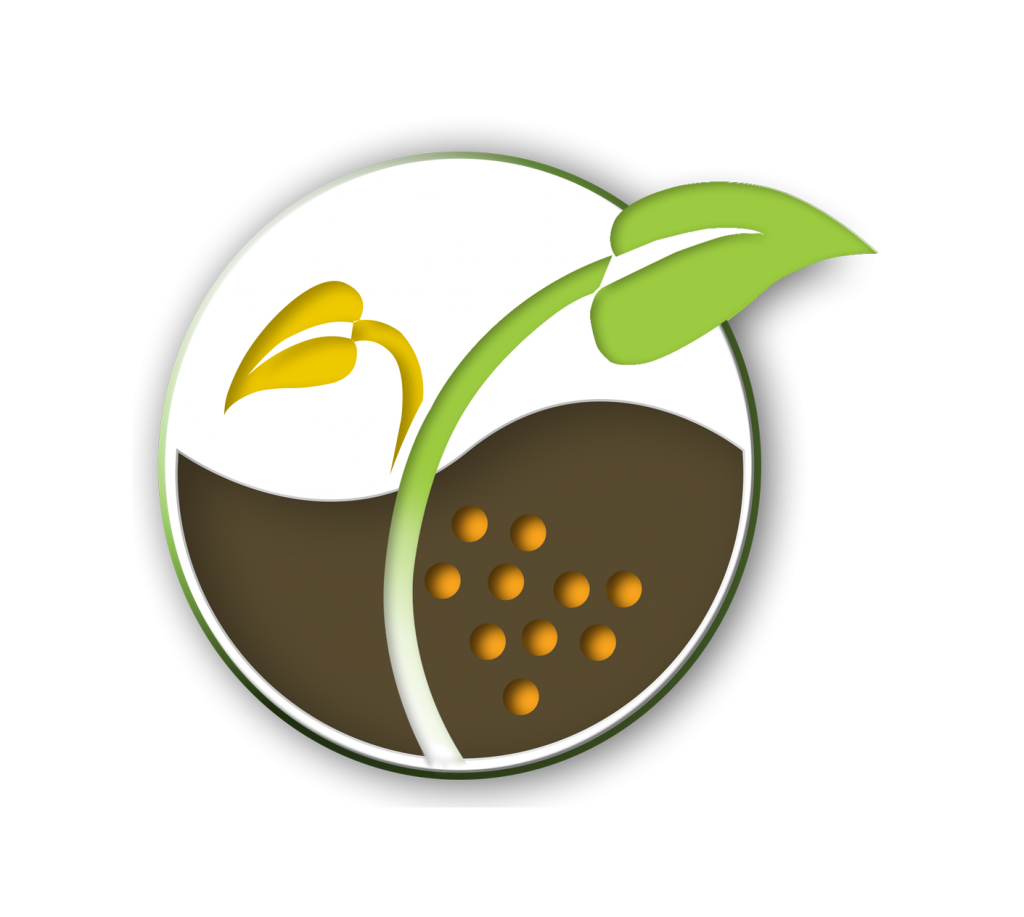H. Fernández, M.I. Trillas and G. Segarra. 2014. Biological control, 78: 77-85.
Certain types of compost used as growth media can induce resistance to foliar pathogens in above-ground parts of a plant. The induction of resistance can sometimes be associated with growth impairment and yield reduction. The objective of this study was to establish whether plants grown in olive marc compost had enhanced resistance against Botrytis cinerea at the cost of growth or physiological performance. Tomato plants grown in mature olive marc compost had approximately 60% less disease severity than plants grown in perlite. As a reference, plants grown in perlite enriched with the known inducer of resistance Trichoderma asperellum strain T34 (T34) had 35% less disease severity than plants grown in perlite. The salicylic acid (SA) pathway/abscisic acid (ABA) is involved in compost induced systemic resistance. Instead, perlite enriched with T34 is not linked to SA pathway/ABA. Physiological measures of water status, root/shoot ratio, stable isotopes of C and chlorophyll fluorescence showed that the plants grown in compost were close to a stress situation. However, growth measured as biomass and plant height of plants grown in compost was higher than in plants grown in perlite suggesting that plants in compost were not grown in a stress situation, but in a eustress. Tomato plants grown in perlite enriched with T34 had better growth, measured as total leaf area, biomass, height and nutrient uptake, than plants grown in perlite. Physiological measures showed that plants grown either in perlite or perlite enriched with T34 did not show any abiotic stress situation. Más información sobre la publicación aqui.


